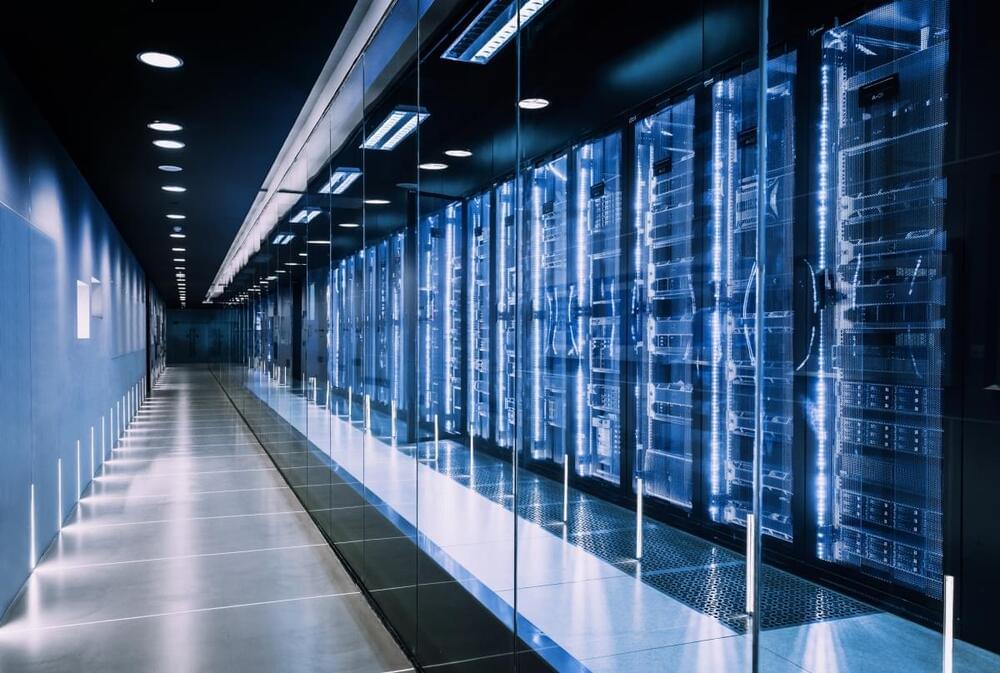Microsoft today announced that it acquired Lumenisity, a U.K.-based startup developing “hollow core fiber (HCF)” technologies primarily for data centers and ISPs. Microsoft says that the purchase, the terms of which weren’t disclosed, will “expand [its] ability to further optimize its global cloud infrastructure” and “serve Microsoft’s cloud platform and services customers with strict latency and security requirements.”
HCF cables fundamentally combine optical fiber and coaxial cable. They’ve been around since the ’90s, but what Lumenisity brings to the table is a proprietary design with an air-filled center channel surrounded by a ring of glass tubes. The idea is that light can travel faster through air than glass; in a trial with Comcast in April, a single strand of Lumenisity HCF was reportedly able to deliver traffic rates ranging from 10 Gbps to 400 Gbps.
“HCF can provide benefits across a broad range of industries including healthcare, financial services, manufacturing, retail and government,” Girish Bablani, CVP of Microsoft’s Azure Core business, wrote in a blog post. “For the public sector, HCF could provide enhanced security and intrusion detection for federal and local governments across the globe. In healthcare, because HCF can accommodate the size and volume of large data sets, it could help accelerate medical image retrieval, facilitating providers’ ability to ingest, persist and share medical imaging data in the cloud. And with the rise of the digital economy, HCF could help international financial institutions seeking fast, secure transactions across a broad geographic region.”




